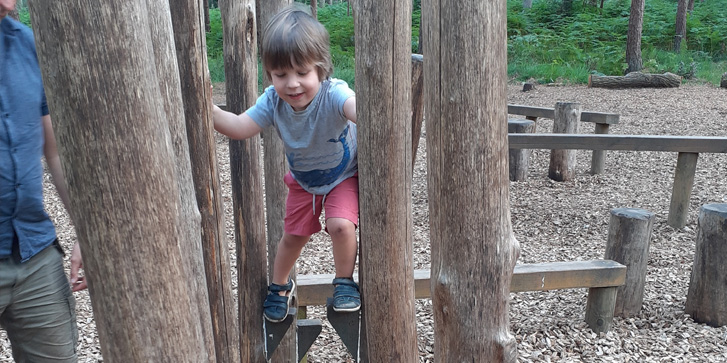23 July 2025

In this episode, host Fran Watson catches up with primary deputy headteacher and mathematics lead Julia Norman about participating in educational research and the impact that it has had on her, her colleagues and the children they work with.
Download transcriptResources mentioned by Julia in this episode
The descriptions and hyperlinks below provide optional follow-up information for listeners. Their inclusion here does not imply any endorsement of these resources by Cambridge Mathematics or by Cambridge University Press & Assessment, nor are Cambridge Mathematics and Cambridge University Press & Assessment responsible for any content within them.
Early Childhood Maths Group
A UK-based group of early years mathematics enthusiasts and experts.
View resource
The Power of Pattern – Patterning in the Early Years
by Alison Borthwick, Sue Gifford and Helen Thouless
This book tells the story of a project that follows a group of teachers and their classes of three- to five-year-olds as they explore different types of pattern.
View resource
Spatial Reasoning toolkit
A free downloadable document about how children develop spatial reasoning in early childhood (birth to 7 years) and how practitioners working with young children can support this.
View resource
Header image © Early Childhood Mathematics Group 2022. Used with permission.